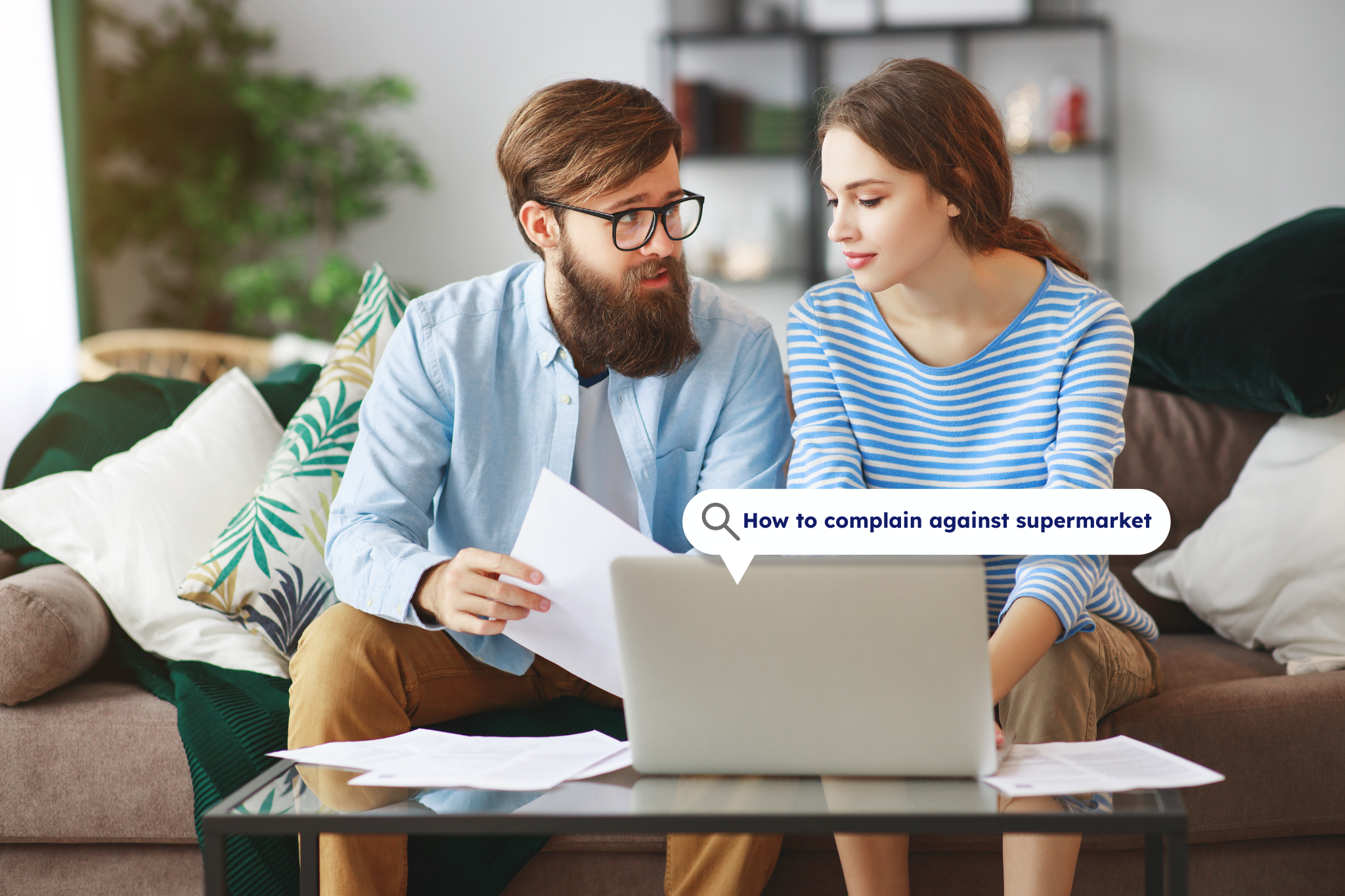
New lease on life: Should I buy or lease my computer?
Last updated on September 17th, 2024
Need a new computer at home or some new laptops for the office? If you are weighing up whether your budget can stretch to the latest model, you might consider putting your new computer or laptops on lease.
Buying a new computer or laptop can be very expensive, particularly if you need one that has a decent capacity to get your work done. With rapid technological advances, it can be challenging to keep up. What once seemed speedy can now feel like a drag as the volume of work you do increases.

Many companies offer computer and laptop leasing options for employees who cannot afford to buy theirs outright. It’s also an option if you work for yourself, or simply need a new one at home but don’t have the money to buy it outright.
But is a laptop lease the right choice?
What is involved with a lease?
A lease is a legal contract that allows you to rent an item, such as a computer, for a set period. The lease usually lasts between one and four years, during which you make regular lease payments (weekly, fortnightly, or monthly).
At the end of the lease, you have the option to buy the item outright by paying a predetermined payout figure or return it to the leasing company. If you're returning the laptop, it needs to be in good condition and must meet the leasing company's requirements.
When you buy a laptop or computer, you own it outright. You can do whatever you want with it, and you're free to upgrade or replace it whenever you like. When you put laptops on lease, or any other item for that matter, you agree to lease for the time stipulated in that agreement. If you decide you want something different before that time is up, your contract or lease may enable you to upgrade but it will likely come at an extra cost.
Major leasing companies include Oze Rentals, R4K, Difrent, and Mr Rental. When you are looking for laptops for lease, it is important to do your research and compare different options to find the one that best suits your needs.

Read the agreement
A sum of $30 a fortnight might not sound a lot to pay for a $700 laptop, but if you take out a lease over two years you will end up paying more than $1500 - and that’s without paying whatever is left on the laptop if you opt to then buy it rather than return to the leasing company. The same goes for rent to buy laptops.
Make sure you ask for a copy of the lease agreement before you sign anything. Use the Moneysmart rent vs buy calculator to see the difference between leasing and buying. You also need to factor in any fees, such as delivery and late payment fees.
Pros and cons of leasing
Leasing a laptop or computer can be an attractive option for those who cannot afford to buy one outright. However, it is essential to weigh up the pros and cons.
| Pros of leasing | Cons of leasing |
| Lower upfront costs | Can be more expensive than buying |
| Option to upgrade to newer technology at the end of the lease | Fees and charges may apply |
| Tax benefits for businesses | You don't own the laptop unless you buy it at the end of the lease |
| Flexible payment plans | No cooling-off period |
| You may have to buy insurance |
What are the tax benefits of leasing?
The cost of a lease can be claimed as a tax deduction in some circumstances. If you use the leased computer or laptop for work purposes, you may be able to claim a portion of the laptop lease as a tax deduction. Check with a tax professional to see if you can claim the cost of a lease on your tax return.
If you are leasing through your business or employer, you may also use pre-tax dollars. This means that a portion of the lease payment comes out of your income before it gets taxed, resulting in a lower overall tax bill.
What happens if you leave your job mid-lease?
If you lease a computer through your work and leave the job before the leasing period expires, terms of the lease agreement will dictate what will happen. In most cases, the lease will be transferred to you, and you'll be responsible for making the payments. This may mean you lose the pre-tax benefits of leasing through work. You may also be required to return the computer and pay any difference. If you're unsure about the terms of your lease, it's essential to speak with your employer or the leasing company to determine your options.
What happens if you break a lease?
At the end of a lease, you have the option to return the computer, renew the lease, or pay the payout figure to buy the computer outright. The payout figure will depend on the terms of your lease agreement. If you decide to return the computer, it needs to be in good condition and meet the leasing company's requirements.
What happens if you lease through work and leave that job?
If you lease a computer through your work and leave the job before the leasing period expires, terms of the lease agreement will dictate what will happen. In most cases, the lease will be transferred to you, and you'll be responsible for making the payments. This may mean you lose the pre-tax benefits of leasing through work. You may also be required to return the computer and pay any difference. If you're unsure about the terms of your lease, it's essential to speak with your employer or the leasing company to determine what your options are.
What happens if you break a lease?
If you break a lease early in Australia, and follow all the requirements in your lease, it should not affect your credit score - only your bank balance. The terms and conditions of your lease will outline how you can break a lease early without nasty ramifications. Typically, this involves providing adequate notice, paying one or two months of lease payments to the lender, and possibly paying termination fees. The only way that your credit score could be impacted is if you do not follow the requirements of your lease.
What happens if I miss a lease payment?
When you miss a payment on a laptop lease, there can be consequences. Most lease agreements will specify the penalty fees for late or missed payments, which vary depending on the company. These fees may be a flat rate, a percentage of the total value of the laptop, or a combination of both.
If you continue to miss payments, the leasing company may take legal action against you. This could lead to additional fees, a negative impact on your credit score, and even repossession of the laptop or computer. It is essential to communicate with the company as soon as possible if you are having trouble making payments on your laptop lease.
What are my consumer rights when I lease?
When you take out a laptop lease, you still have consumer rights under Australian Consumer Law. These rights include automatic consumer guarantees, which cover issues such as product quality, safety and whether the item is fit for purpose.

Before you take out any extra insurance or warranties offered to you at the time of putting laptops on lease, check what it covers. Most items should already be covered under Australian Consumer Law and you could be paying extra for nothing.
If you have a problem with your laptop lease, you should contact the leasing company as soon as possible to discuss your options. The company may arrange for the laptop to be repaired or replaced, or they may offer a refund if the problem is significant. If they refuse to help or the issue is not resolved to your satisfaction, contact your state or territory's consumer protection agency for assistance.
What happens when a leased laptop is under recall?
If a leased laptop or computer is under recall, the leasing company should contact you to arrange for the device to be repaired or replaced. It is essential to act quickly to ensure the safety of yourself and others. If you believe your laptop is affected by a recall, you should contact them immediately to discuss your options.
Leasing is clearly not for everyone and can mean paying a lot more for a laptop or computer. If you’ve weighed up the pros and cons, however, and decide leasing suits your circumstances, at least you know what is involved. If you are experiencing problems with a laptop lease, please don’t hesitate to get in touch and let us help you handle it.






